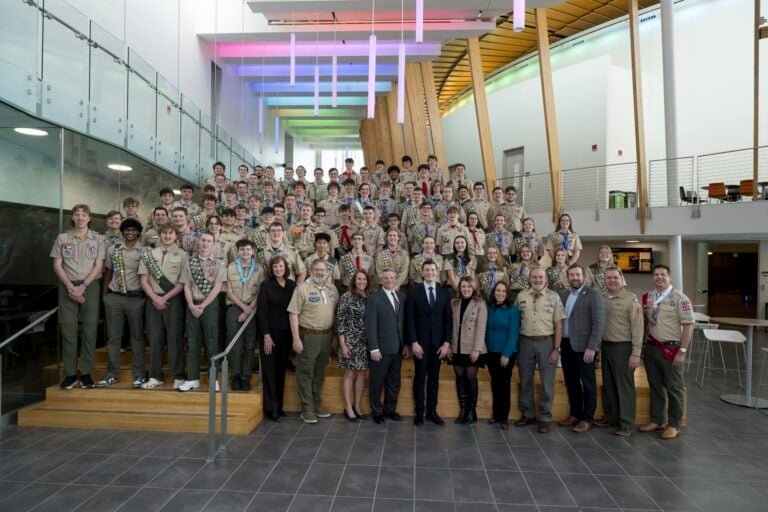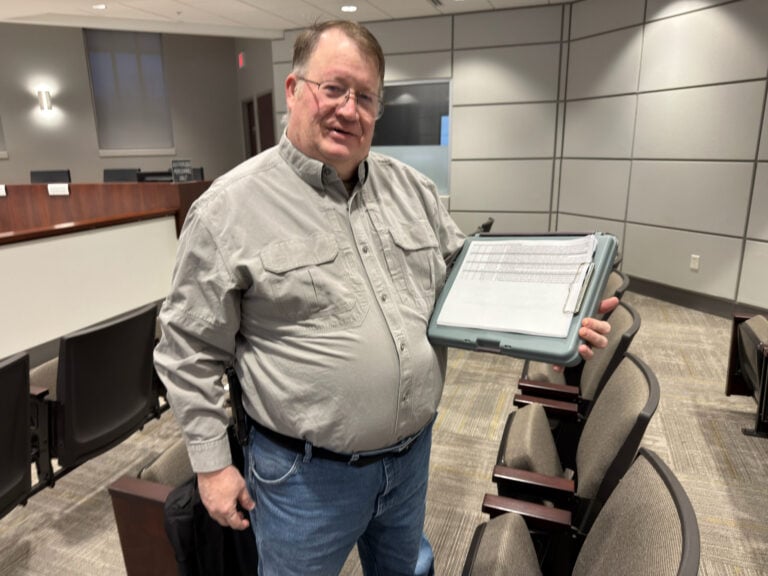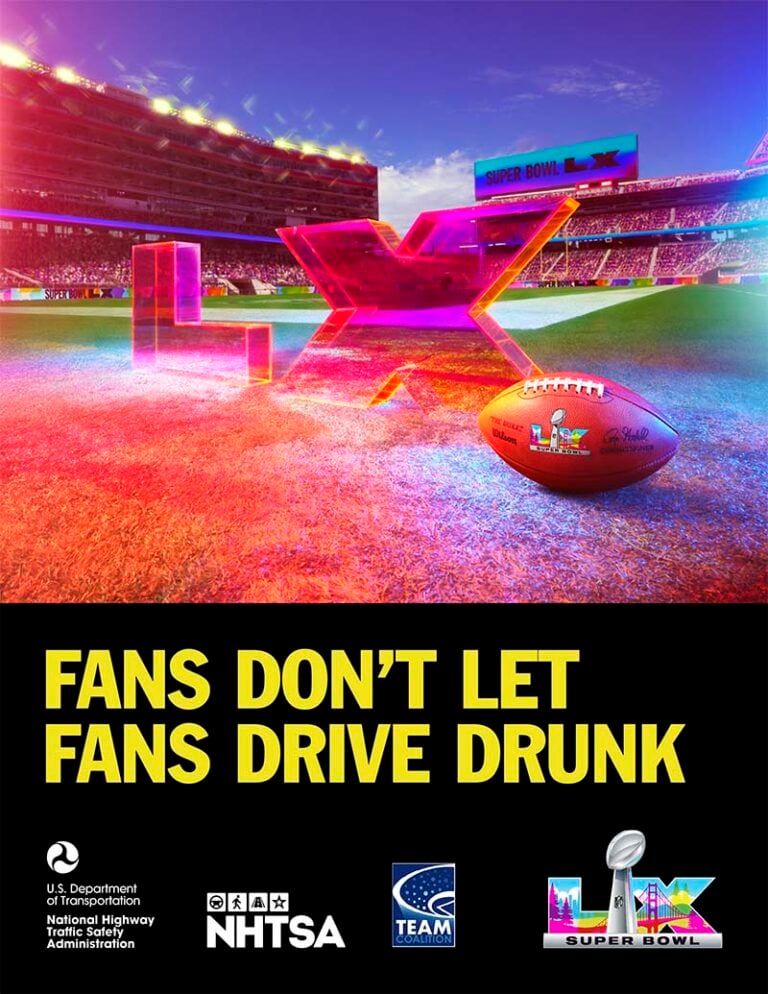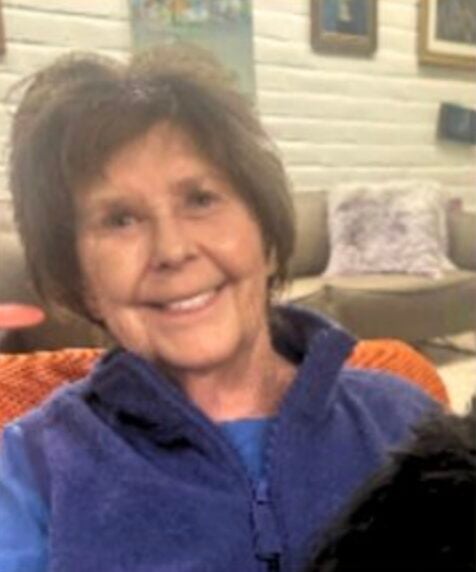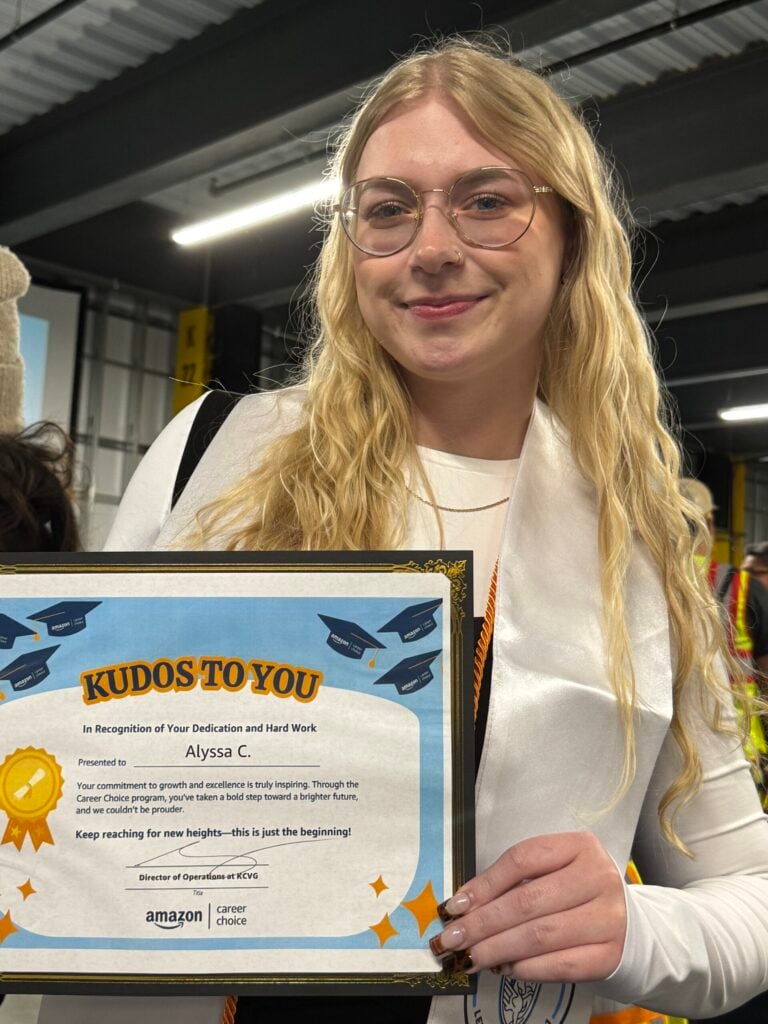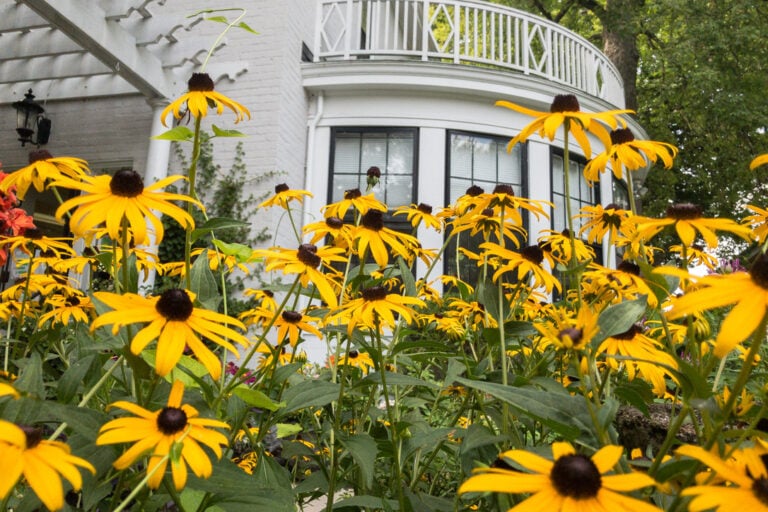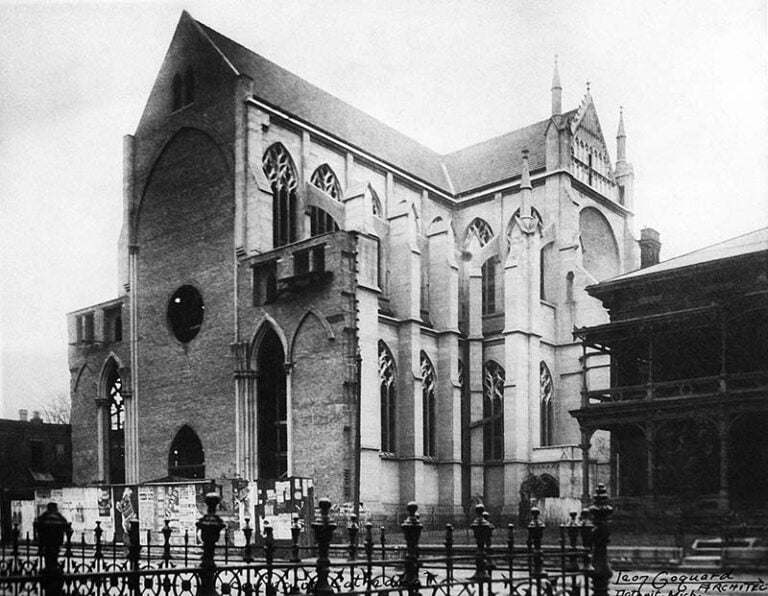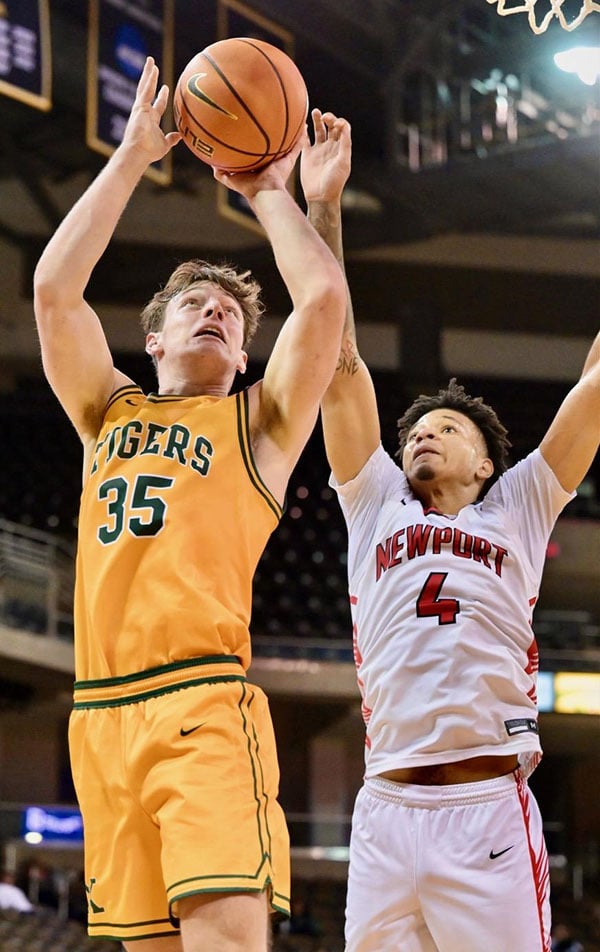About this time last year, torrential flooding occurred in the eastern parts of Kentucky, leaving 45 dead and a multitude of lives severely disrupted, with homes, churches, businesses, and infrastructure destroyed. Aside from those in the flooded region, it brought a sense of sadness and often, a willingness to reach out and help from across Kentucky and even beyond.

Rather than to chronicle a wide range of experiences and examples of outreach, as many news organizations have, I decided to focus on one situation regarding how one church and community in Gallatin County, in Northern Kentucky, has developed a supportive relationship with two churches in Eastern Kentucky, the Neon United Methodist Church (NUMC) and the Refuge Community Church. Other victims in the area around Neon benefited as well. An important part of that effort was spurred by a Gallatin County woman who is a native of the flooded region.
For that, I interviewed Karen Holbrook, a former public-school teacher. Her passion and concern for people she grew up around is obvious. “I’ve learned how incredibly tough my mountain people are. That runs deep within us and I’m proud of my roots,” she said. She praised the helpers around the area of devastation. “There were many. Our community (where she grew up) bonded together to literally save each other, forming human chains to get out, rebuilding roads on their own so they weren’t stranded, and to rebuild.”
And in her current place of worship, the Gallatin Community Church (GCC), there was, she said, “no hesitation to help with my vision to do whatever was needed.” Other churches around Gallatin have helped in GCC’s initiative, too, giving material donations or financial support. And Grace Fellowship, in Boone County, donated three hundred chairs for Karen to take to NUMC, as well as the Refuge Community Church, also in Neon.

The outreach in Gallatin started with some prudent preparation. Immediately after the flooding hit, Karen collected plenty of information about their needs from those at Neon. She then notified members of GCC and engaged them in prayer. “I knew everything would be needed,” she explained, “but we had to focus on what was needed first, which was cleanup and food sources that wouldn’t require refrigeration.”
She initially put a lot of the burden on her own shoulders, but soon, the goodwill of others tweaked the plan. “I was going to collect as much as I could fit in my car and head home (Neon), but my pastor, Steven Coomer, had a bigger plan,” Karen explained. “We rented a U-Haul truck and started putting the word out and this community came through!”
Within a few days, the truck became filled with cleaning supplies, pet foods, fans, shovels, drinking water, mold cleaner, blankets, and many more items. It took a few days before the roads were clear enough to transport the supplies, but even when that happened, there were more problems for victims to confront.
“We filled my car and an associate pastor’s car, too, to take to those places where they couldn’t get to the distribution centers,” said Karen. “Some couldn’t get to the supplies because they lost their transportation or they were isolated because their roads had collapsed, so we took the supplies to them. And at first, they really just needed hands and feet on the ground to help muck and clean.”

There was the immediate help that Karen and her church gave, but as time passed, the needs began to change. Karen continued to take personal ownership and leadership in the project. Using the money and items given from her home church, she made trips to deliver the aid, which included things like refrigerators, stoves, and kitchen supplies. “Whatever was needed, my community came through,” she noted. “For months, I made weekly trips taking supplies, then bi-weekly trips as progress was made. I still take monthly trips.”
Pastor Steven Coomer recalled those early days of connection to NUMC. “Once Karen took me to her family’s church, I got to meet the pastor and see how heartbroken the people were,” he said. “It’s really hard to explain the mess that everything was in.” Besides initially leaving supplies there, he promised that his church was “committed to do whatever we could to help them get their church back to where they could hold worship services once again. Their pastor and his people were very kind and thankful for our assistance. In our day and age of mega-churches, the local community church sometimes is overlooked.”
Today, after much bad news last year, there is good news at the churches GCC has helped. “July 28, 2022, was a bleak day as we visited our church,” said Judy Lowery, wife of NUMC’s pastor. “Our fellowship hall, kitchen, bathroom, utility room, and classrooms had been completely under water. There also had been approximately twelve inches of water in the sanctuary located on the 2nd level, leaving the carpet and walls damaged. We are happy to say that we have completely moved back into our church, it being stronger and better than before.

“(In) 2023, we have been able to move forward with our normal church services and other activities. As devastating as the flooding was, we were doubtful that we would ever be back into our church. But God had other plans for Neon Methodist Church. Our needs were met through volunteer labor, funds from known and unknown sources, and much prayer.”
And at the nearby Refuge Community Church, Pastor Josh Tyree said: “Our main spaces are back better than before, with a full renovation. We’re seeing an increase in attendance and really growing.”
Karen praised people in the Neon area who helped others while they were suffering their own misfortune. To that, Steven Coomer noted that “suffering can be lonely, or it can be used to promote community. For many, suffering initiates a level of empathy they have never felt. This type of empathy leads to compassion. Real compassion leads to a Christ-like response. More than anything else, I take that lesson away from what I witnessed during the first days of the emergency that hit the mountains. May we continue to monitor their journey and do whatever we can to add to their labor of love.”
Karen said that victims feel indebted, learning that ones outside the area, such as in Gallatin County, “cared more than they ever expected, but a year later many feel they’ve been forgotten by most, so ultimately they have to dig deep in their roots and take care of their own. It’s forever grounded in my memories.”
Let us always keep such a gracious focus on our Kentucky neighbors and loved ones. They deserve it.









